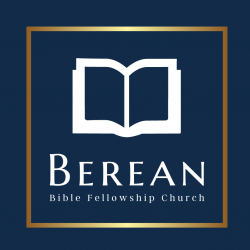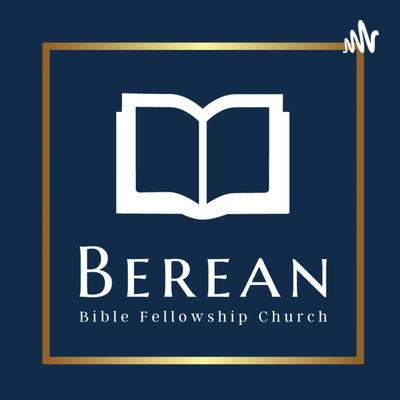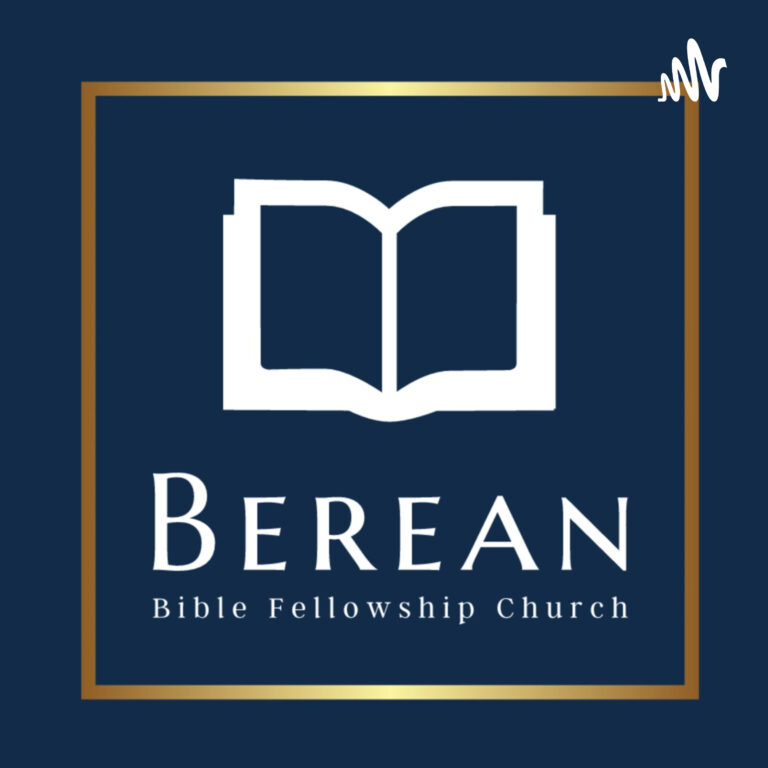Jonah 2:4-7
Big Idea: The bad news of the gospel is that we cannot help but sin and God cannot help but judge our sin. The good news of the gospel is that God has saved us both from our desire to act contrary to God and his perfect righteousness in dealing with that sin through judgment.
We cannot help but sin, God cannot help but righteously judge our sin.
The Double Good News:
- God is __________________________ to save:
- God is able to save us from _____________________.
Jonah 2:4–6 (ESV) — 4 Then I said, ‘I am driven away from your sight; yet I shall again look upon your holy temple.’
“Roots of the mountains” suggests a belief that the foundations of the mountains lie in the depths of the earth, which are covered by the sea (cf. Sir 16:19). Jonah was expressing his feeling of being in the deepest part of the ocean, as far removed from the world of human habitation as it was possible to conceive. Any help or hope was completely out of reach.
God is shown to be God to the uttermost when he redeems us from inescapable predicaments, even our own spiritual death.
Ephesians 2:1 (ESV) — 1 And you were dead in the trespasses and sins 2 in which you once walked… 4 But God, being rich in mercy, because of the great love with which he loved us, 5 even when we were dead in our trespasses, made us alive together with Christ—by grace you have been saved—
2 Corinthians 5:17 (ESV) — 17 Therefore, if anyone is in Christ, he is a new creation. The old has passed away; behold, the new has come.
Romans 6:6–7 (ESV) — 6 We know that our old self was crucified with him in order that the body of sin might be brought to nothing, so that we would no longer be enslaved to sin. 7 For one who has died has been set free from sin.
Galatians 5:24 (ESV) — 24 And those who belong to Christ Jesus have crucified the flesh with its passions and desires.
- God is able to save us from ____________________.
Jonah 2:4 (ESV) — 4 Then I said, ‘I am driven away from your sight; yet I shall again look upon your holy temple.’
Jonah 2:7 (ESV) — 7 When my life was fainting away, I remembered the Lord, and my prayer came to you, into your holy temple.
Exodus 25:8 (ESV) —8 And let them make me a sanctuary, that I may dwell in their midst.
[In the Holy of holies was the ark of the covenant]… Resting upon the ark was the mercy seat, a rectangular slab of solid gold, to which were attached two cherubim. The inward-looking cherubim and the mercy seat formed a throne for the invisible God (Ex 25:22), who is frequently described as enthroned above or upon the cherubim (Pss 80:1; 99:1). The noun “mercy seat” comes from a verb meaning to make atonement. The mercy seat was sprinkled with blood at the climax of the annual Day of Atonement (Lv 16:14).
Hebrews 9:23-26
Questions to Consider
- From what has God saved us?
- In what ways does God need to save you from yourself?
- Does it bring comfort knowing that God is perfectly righteous? What does it say about his need to punish sin? Where else do we see this in our daily lives?
- What does it mean for us now, knowing God has saved us from the penalty of our sin?


